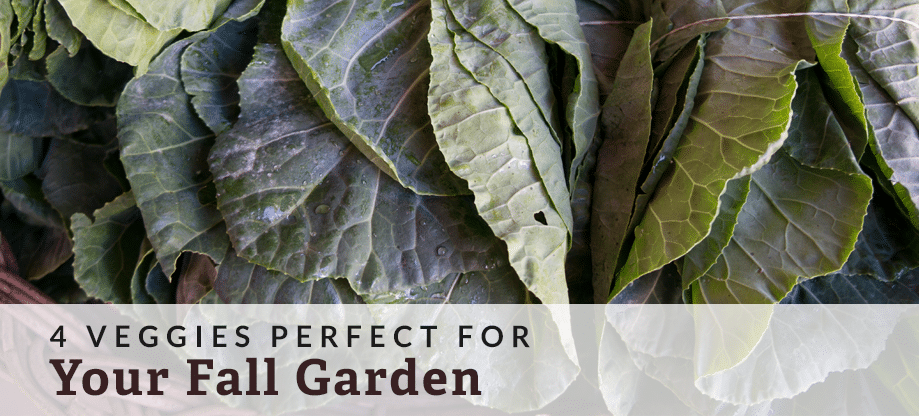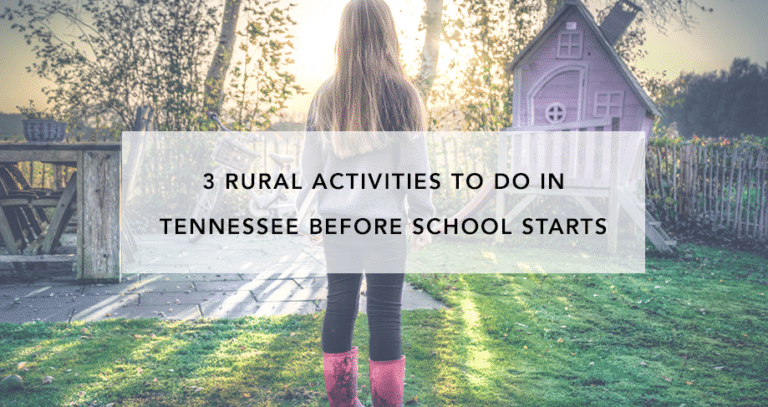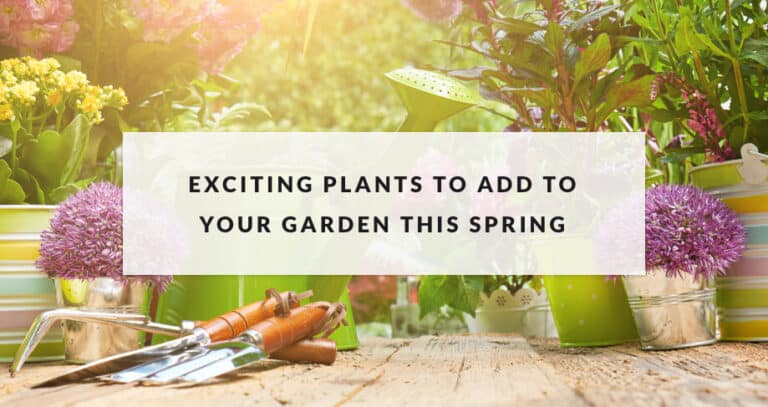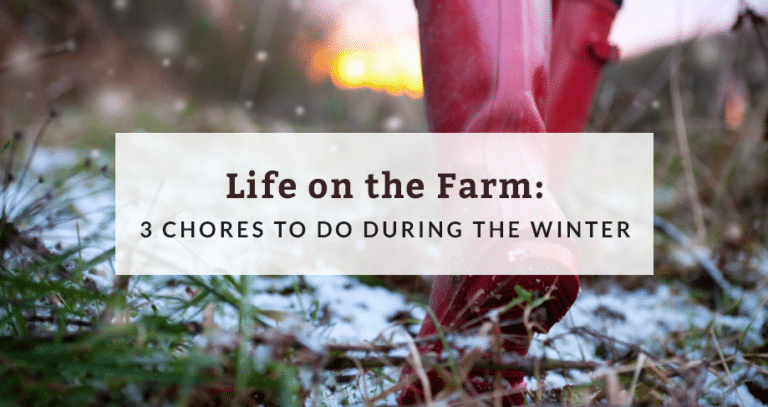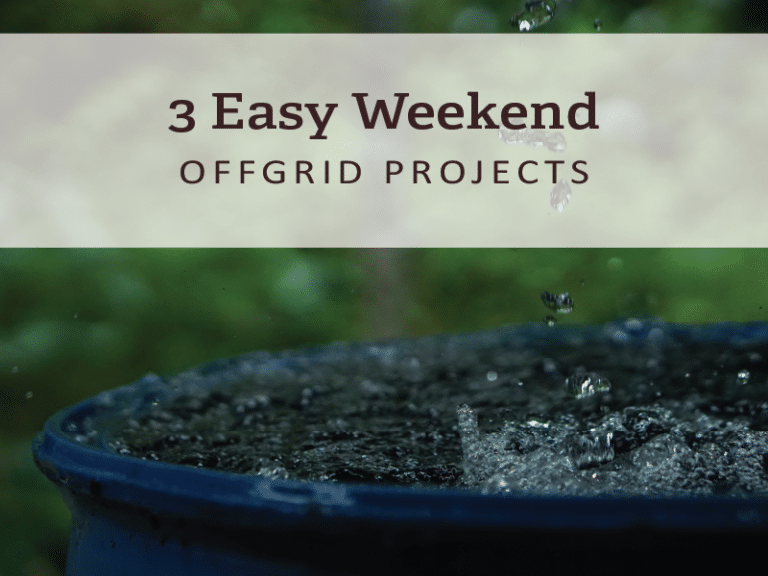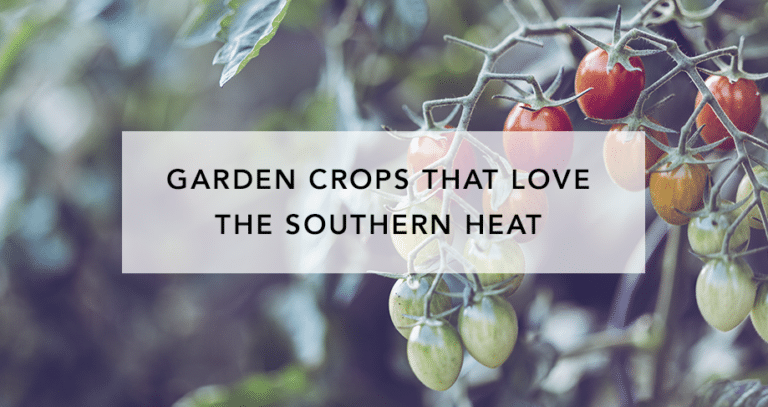4 Veggies Perfect for Your Fall Garden
With autumn right around the corner, we hear all about harvest season. That might lead you to believe it’s too late to start a garden on your new rural land. Before you put away the tools until next spring, read on to learn which vegetables are actually perfect for fall planting.
See, the heat of the summer isn’t ideal for some of the more delicate veggies. While you might get piles of corn, squash, okra, and beans, your leafy plants may not fare as well. Consider planting these once the weather turns cool, and you’ll keep fresh produce around all year long.
Lettuce
Lettuce is the perfect fall crop because hot weather makes it bitter. If you plant this about two months before the first hard frost is expected, you’ll get some gorgeous results. Lettuce needs full sun during parts of the day but can stay in partial shade the rest of the time. In fact, you might want to make sure it’s protected during the hottest part of the day, especially since we’re here in the south where temperatures can be unpredictable.
Collard Greens
What’s a southern dinner table without collard greens? You can plant these about the same time you do your lettuces and keep them in the shade part of the day, too. When you’re arranging the garden, make sure these get at least four hours of sun per day. That’s how to make sure you get the best flavor out of your collard greens. And if you’re surprised by freezing weather one night, which does sometimes happen here in the southern states, it’s okay; collard greens taste even better after a frost.
Spinach
As with your lettuce and collard greens, spinach should be planted up to two months before the first frost. You could get away with a month before, but be careful. Spinach will survive a hard frost, but only if it’s already matured. You also want to make sure these leaves get a lot of sunlight during the day for greener results. A little bit of shade won’t kill it, though.
Broccoli
Start your journey to broccoli indoors about three months before your first frost. After your plants are about three weeks old, then you can move them to the garden with the lettuces, spinach, and collard greens. Broccoli loves cooler weather and might just keep growing for you all winter, as long as you don’t experience a deep freeze. Just make sure it’s protected if you expect temperatures to climb above 70 degrees.
With these veggies, you’ll have a great start on a fall and winter garden. That should get you excited about setting down roots on your new rural land. And if you haven’t found the perfect land to call home yet, visit our farms in Tennessee, Georgia, and South Carolina. You’re sure to find a beautiful plot of land to call your own.

